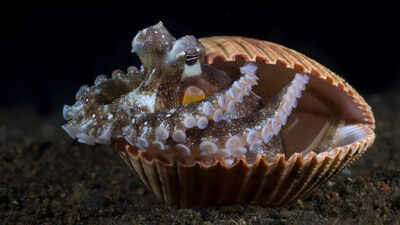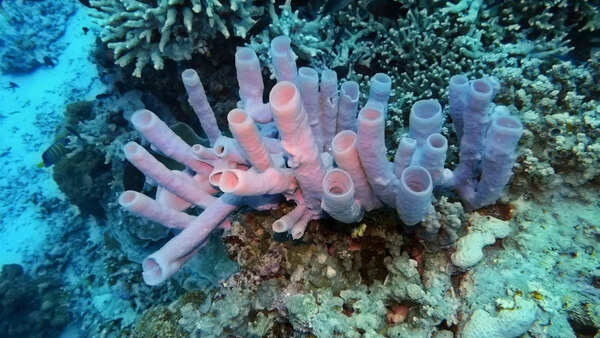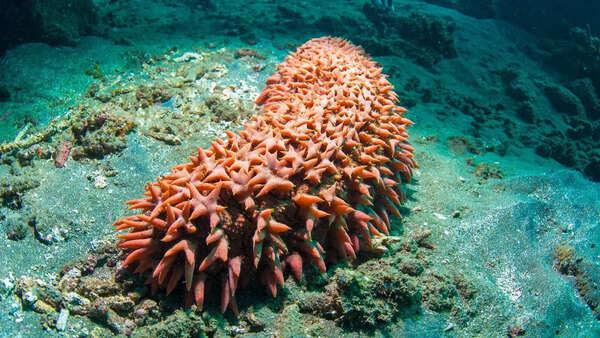ARTICLE AD BOX

The ocean is full of incredible surprises, including the darkest, deepest trenches that humans have barely explored. And inside the sea, among these places, live certain creatures with traits that almost seem impossible for a living creature.
While we often associate intelligence and survival with brain power, some of these unique creatures survive without a brain!There are a number of sea animals that operate entirely on instinct, and well-formed nerve networks, even though they lack a central brain. These creatures go about their daily lives, moving, feeding, facing predators, and even reproducing, without ever needing the kind of thinking process we depend on.
Instead, their bodies are wired in different ways to handle their survival needs.The ability to function without a brain might sound like science fiction, but in the underwater world, it’s more common than one would think. Here are some creatures that live without a brain!
Jellyfish
Jellyfish have no brain, heart, or bones, yet they’ve survived for over 500 million years. Instead of a brain, they use a nerve net, which is a simple system of neurons that helps them detect changes in their environment and coordinate basic movements.
This allows them to swim, catch prey with their tentacles, and avoid danger. Their elegant floating may look peaceful, but jellyfish are efficient predators because of their unique biology.
Sea sponges
Sea sponges are one of the oldest animal species on Earth, and surprisingly, they have no brain or nervous system at all. They survive by filtering water through their porous bodies, extracting nutrients and oxygen in the process.
Despite their simple structure, sponges can respond to their environment, like closing their pores when touched. They rely on water flow rather than movement, making them some of the ocean’s quietest survivours.

Starfish
Starfish don't have a brain but they do have a nerve ring and radial nerves running along each arm. This decentralised system helps them to move, react to touch, and even regenerate lost limbs. Each arm can operate semi-independently, which is quite impressive for a creature without a central command center.
They also have eyespots on the tips of their arms to detect light and darkness.
Sea cucumbers

Sea cucumbers might look odd, but they’re interesting creatures that also lack a brain. They rely on a simple nerve ring around their mouth and a network of nerves running through their body. Despite their lack of complex thought, they play an important role in cleaning the ocean floor by breaking down organic material. Their defense mechanisms, like ejecting internal organs, are all instinctive responses.
Coral

Corals are marine invertebrates that form massive reef structures, yet they don’t have brains or even true organs. Each coral polyp operates with a basic nerve net that lets it respond to touch and changes in light. While individual polyps are tiny, together they create some of the largest and most biodiverse ecosystems on Earth. Their survival relies on a symbiotic relationship with algae, making them fragile and important to ocean life.



.png)
.png)
.png)
















 4 days ago
8
4 days ago
8









 English (US) ·
English (US) ·